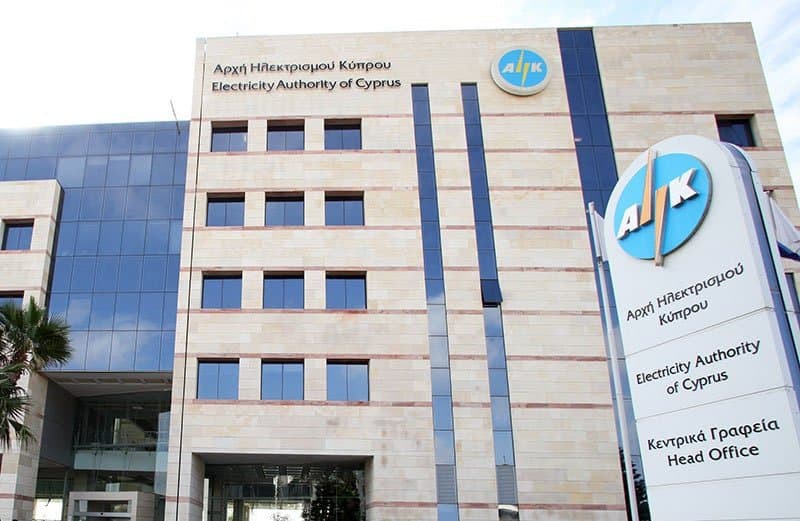MPs on Tuesday hauled the Electricity Authority of Cyprus (EAC) over the coals, mounting their pressure on the state-run power utility to drop its request for a six per cent hike on electricity bills.
The EAC had filed a request to the energy regulator for the six per cent rise for the year 2024. The regulator is considering it. But meanwhile, facing political pressure, the organisation itself said it would review its books to see whether the planned rate hike could be shelved.
In parliament on Tuesday, lawmakers pointed out that the EAC should tap its cash reserves instead, to avoid passing on costs to the consumer at this time due to the high cost of living.
EAC general manager Adonis Yiasemidis told MPs that the power utility would make its decision in about 10 days.
He tried to get the point across that, as a public utility, the EAC has in fact taken a financial hit, shielding consumers from what would have been legitimate price hikes.
The official said their prior request for a 13 per cent hike (for 2023) corresponded to €100 million, which concerned covering “non-controllable costs” such as fuel, emissions allowances and taxes.
In 2020, after the coronavirus pandemic, the EAC cut final prices to consumers by 10 per cent – a €32 million financial hit.
Then in November and December of 2021, the organisation gave a discount of 65 per cent on the fees for usage of the network – another €14 million.
In January and February of 2022, the EAC afforded another discount amounting to €8 million.
Consequently, over the past few years the utility has given consumers an overall discount of €54 million.
Yiasemidis added that this €54 million is not part of the rate hike that the EAC is currently considering.
Taking MPs’ questions about the EAC’s monopoly status, the official said the organisation has a monopoly only over the grid – distribution and transmission. The rest, he said, is open to competition.
The cost of operating and maintaining the grid accounts for about 10 per cent of their total expenses.
And according to Yiasemidis, the EAC is barred from buying electricity from companies generating power from renewables. The EAC itself owns and operates just two solar parks.
But parliamentarians pushed back, with Disy MP Kyriacos Hadjiyiannis pointing out that last year the EAC made a cool €64 million profit, according to preliminary data.
“We’re saying it clearly, this is no time to impose an increase of six per cent [on bills],” the MP said.
Likewise, Akel’s Costas Costa said his party absolutely disagrees with any increase.
“People suffering from the high cost of living aren’t interested in who is responsible for this state of affairs, what they want is for the state to help bring down the cost of electricity.”
Costa attributed the high cost of electricity to chronic government inaction and ineptitude: “We have no natural gas, the outdated transmission system was not upgraded, and the electricity market, instead of opening up in 2014 will now likely open up in 2025.”
Coming back, Disy’s Hadjiyiannis said that they will revisit the matter in two weeks, by which time the EAC should have decided whether to pursue or drop its request for the six per cent hike.







Click here to change your cookie preferences